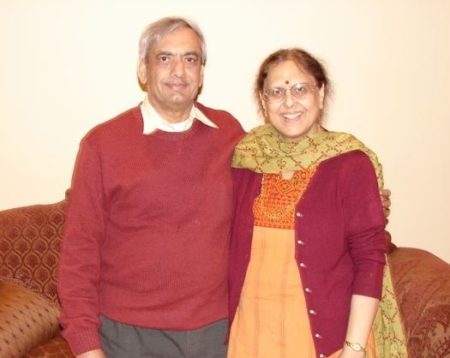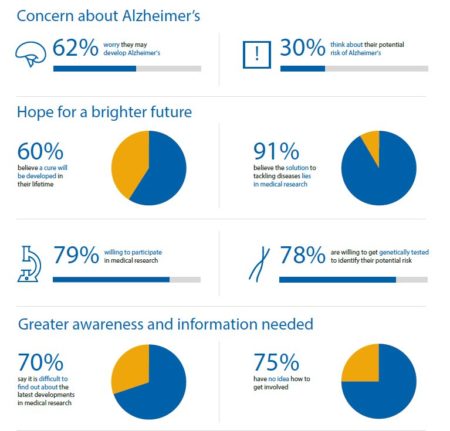As I reflect upon our 20th Anniversary online while working with caregiving families for people with dementia, I’m happy to see media covering more dementia and caregiving topics.
Years ago, major media outlets weren’t interested. It seemed we’d see a published article once a quarter or maybe every couple months.
This month’s curated articles feature diverse topics including a cardiologist stepping up to family caregiving, researchers in Japan using AI and six questions to detect dementia, the cognition crisis affecting a half-billion people worldwide, and people with dementia wanting and able to work.

When Family Members Care for Aging Parents
[TCV Update 2/14/2022 NYT article, subscription required] Cardiologist and author, Sandeep Jauhar writes, “My siblings and I joined the ranks of the 15 million or so unpaid and untrained family caregivers for older adults in the United States.” His mother had Parkinson’s and his father, a professor, was forgetful.
Thank you, Ann Vanino for bringing this article to The Caregiver’s Voice attention.
Alzheimer’s Survey – Most Adults Believe A Cure will be Developed in Their Lifetime
 [TCV Update 11/30/2020: The URL no longer links to the intended content.] Banner Alzheimer’s Institute, Novartis, and Amgen with Alzheimer’s Disease International, reveal that most adults believe a cure for Alzheimer’s will be found within their lifetime.
[TCV Update 11/30/2020: The URL no longer links to the intended content.] Banner Alzheimer’s Institute, Novartis, and Amgen with Alzheimer’s Disease International, reveal that most adults believe a cure for Alzheimer’s will be found within their lifetime.
New AI System Can Detect Dementia
Researchers in Japan recorded a dozen elders diagnosed with dementia and a dozen healthy controls interacting with avatars. They extracted speech, language, and image features from the recorded data, creating a model for detecting dementia and enabling a computer to learn. The computer distinguished between healthy controls and individuals with dementia with an accuracy of 92 percent.
The Cognition Crisis
“… the number of people suffering debilitating impairments in cognition exceed[s] half a billion worldwide, coupled with a financial toll in the trillions of dollars in lost productivity, healthcare costs and more.” Adam Gazzaley MD, PhD adds, “The human brain is in trouble. Technology is a cause — and a solution.” He is working on creating personal treatment using AI closed-loop feedback to help people better deal with anxiety, depression, ADHD, and dementia. [More about his initiative is toward the end of the article.]
I Had Alzheimer’s. But I Wasn’t Ready to Retire.
[TCV Update 2/14/2022 NYT article, subscription required] An administrator with the British National Health Service, Wendy Mitchell writes how her manager didn’t really take time to discuss her abilities after she was diagnosed with Alzheimer’s. Instead, she was let go before she needed to be.
Thank you, Ann Vanino for this NYT opinion piece.








